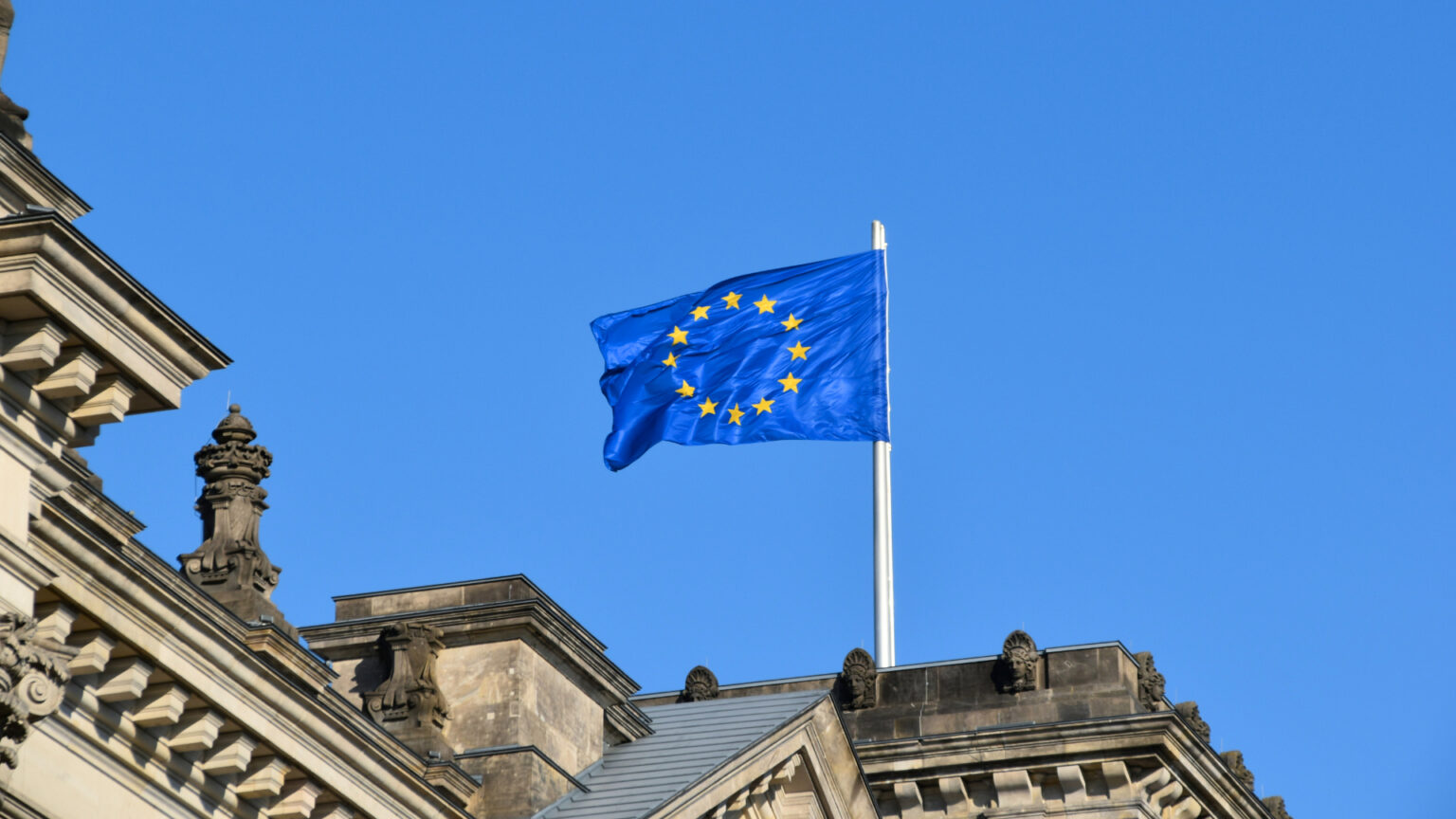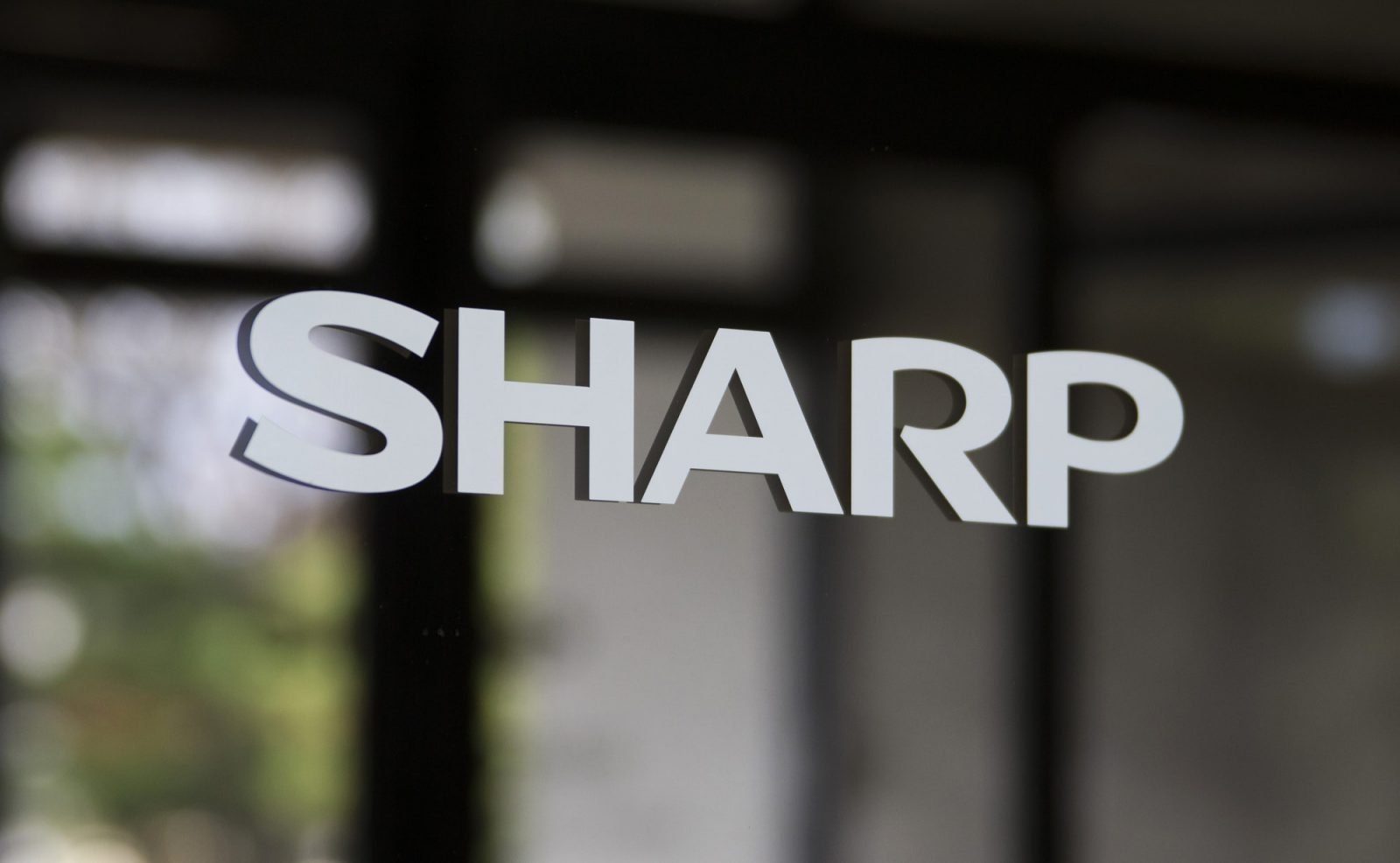It looks like intense lobbying by big tech companies and criticism from the US administration is bearing fruit. The European Commission is considering relaxing some of the provisions of its landmark Artificial Intelligence Act (AI Act), which could give valuable deferral to players such as Apple and Meta.
The move is part of the new Commission’s wider drive to ‘simplify’ the complex digital regulations the EU has adopted over the past two years. Key to this is to be the so-called ‘Digital Omnibus’, a simplification package to be unveiled by the EU’s new executive vice-president for digital, Henna Virkkunen, on 19 November.
According to a draft document accessed by Reuters, the Commission is proposing “targeted simplification measures” to ensure proportionate implementation of the rules.
What does this mean in practice? First of all, companies can be exempted from registering their AI systems in the EU database for high-risk systems if the tools are only used for ‘narrow or procedural tasks’. This is a significant reduction in the bureaucratic burden that the industry has been calling for.
Moreover, the industry may gain additional time to comply. The document introduces a one-year grace period for the imposition of financial penalties, which would not be enforced until 2 August 2027. The transitional grace period would also cover a key requirement to flag AI-generated content – a mechanism to combat deepfakes and misinformation.
This change of course is not isolated. Brussels also recently relaxed its ambitious environmental rules after strong opposition from industry and farmers. For technology companies, which had criticised the AI Act for potentially stifling innovation, this is a clear signal that their voice (and pressure from Washington) has been at least partially heard. The document is still subject to change before the official presentation.












